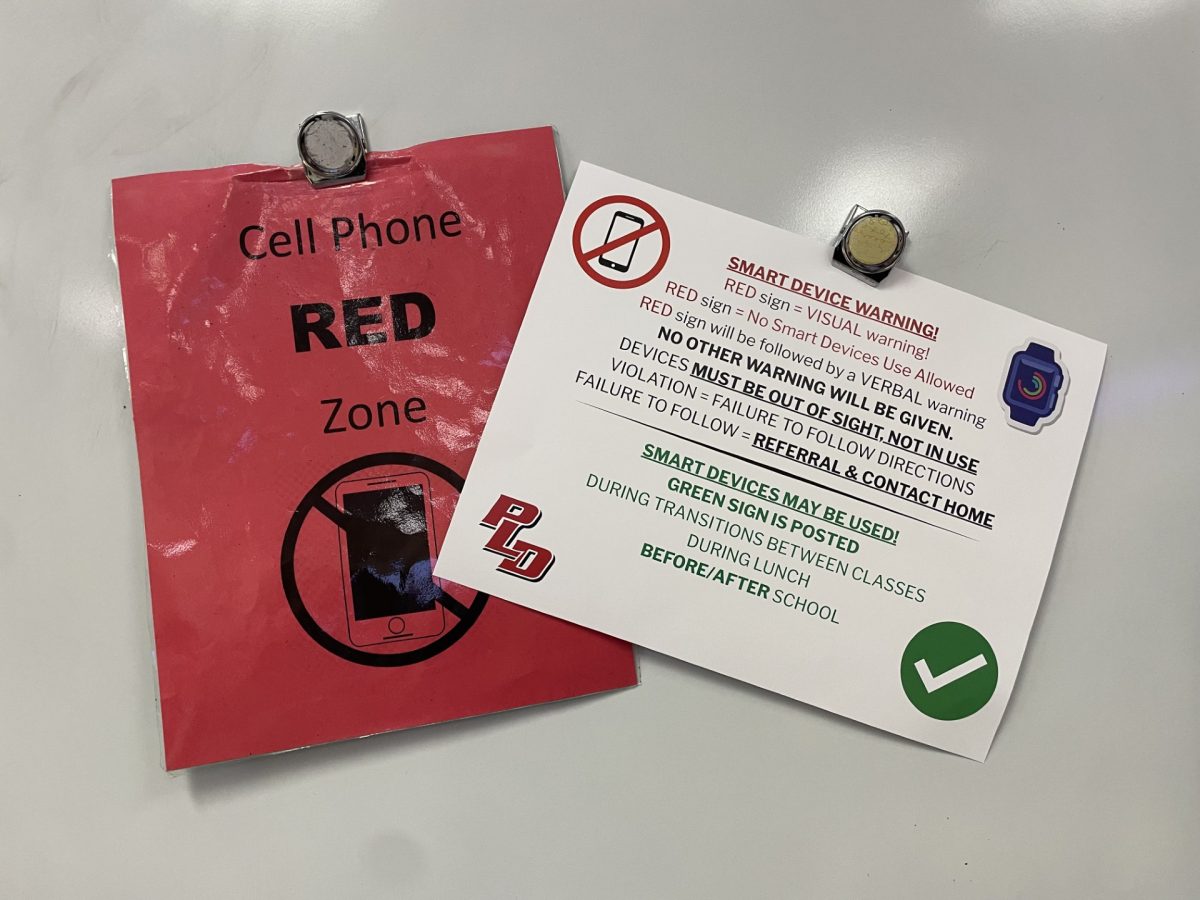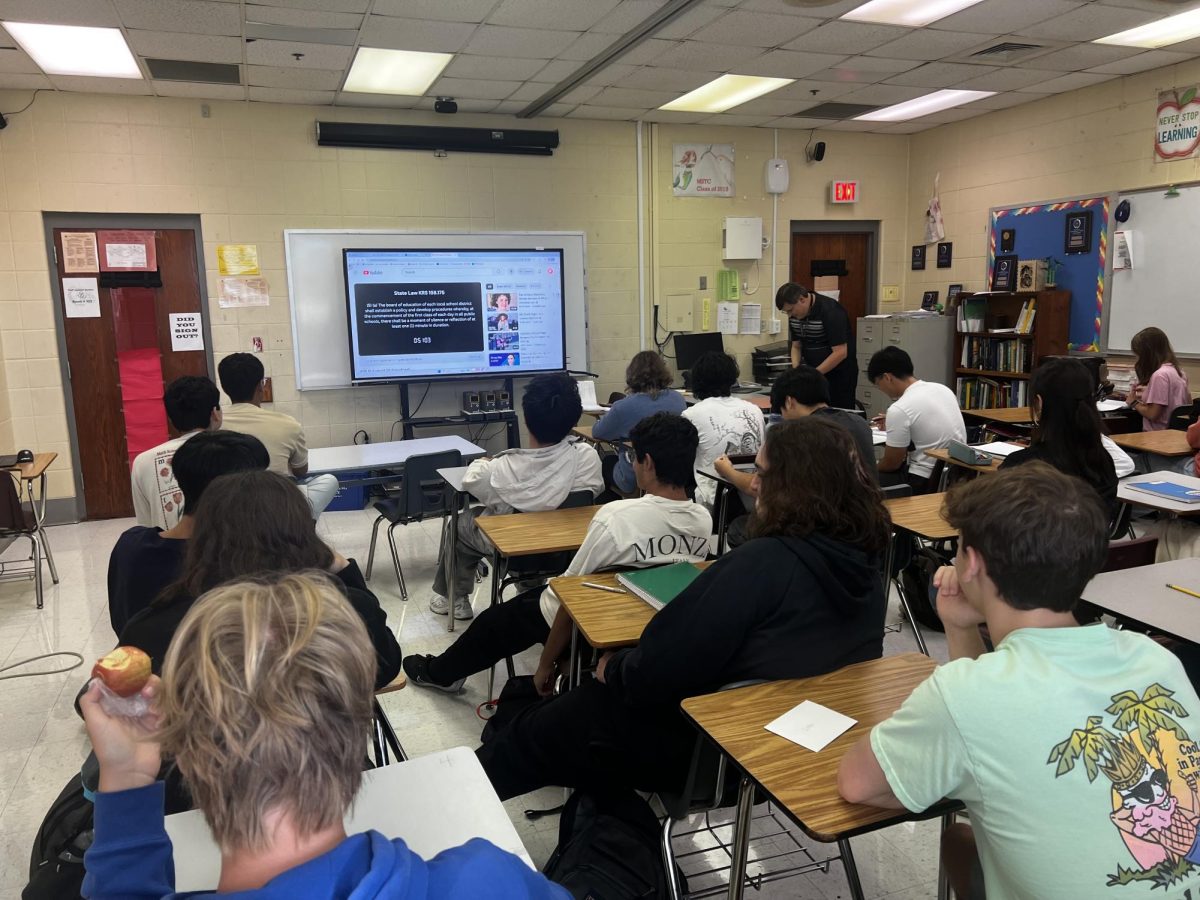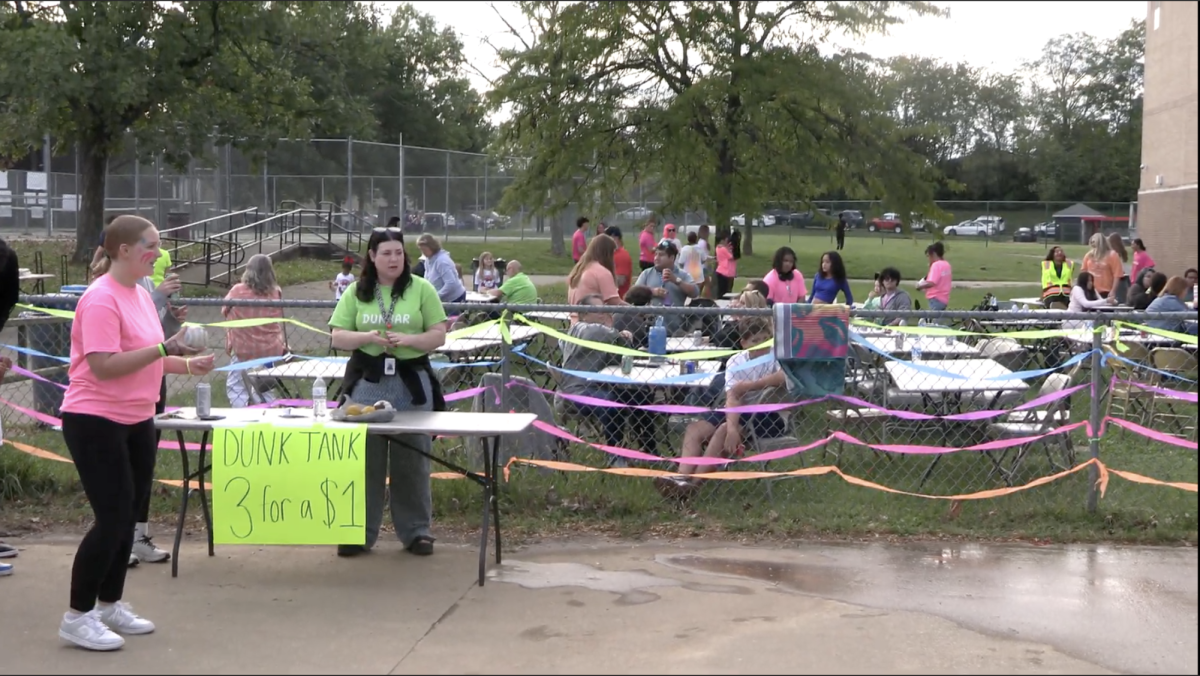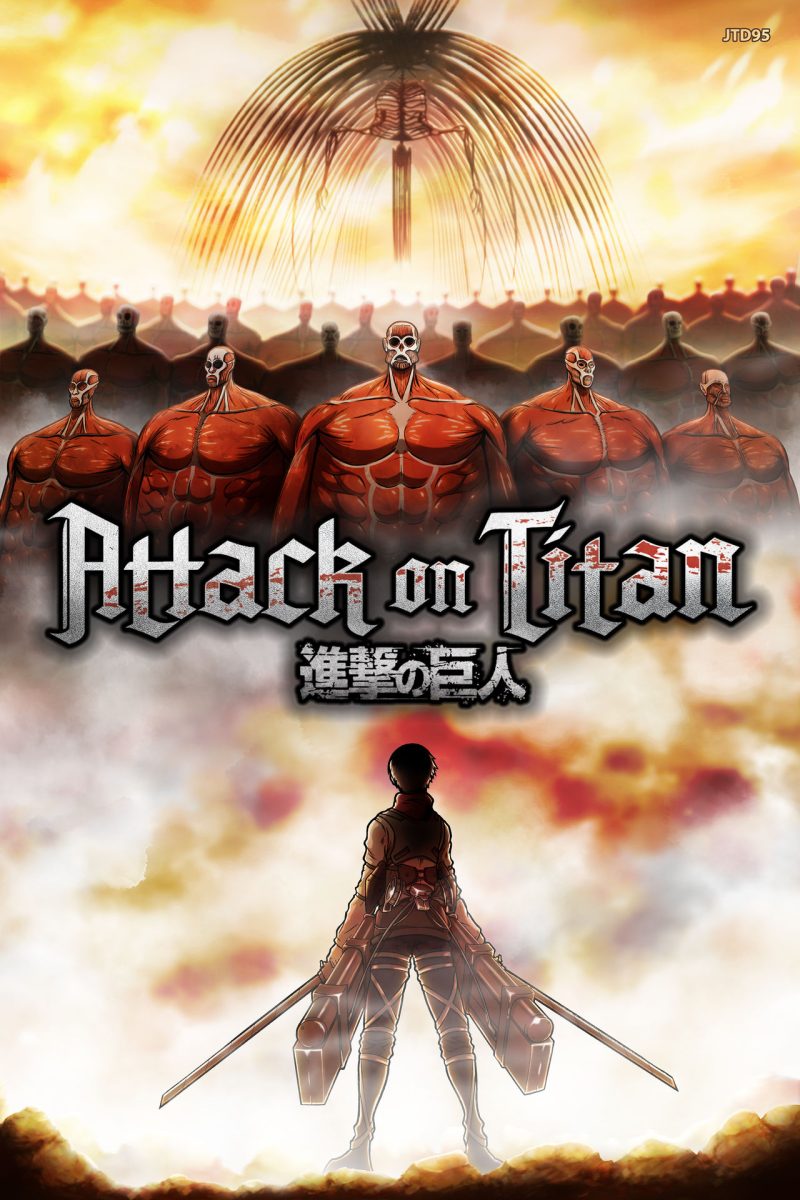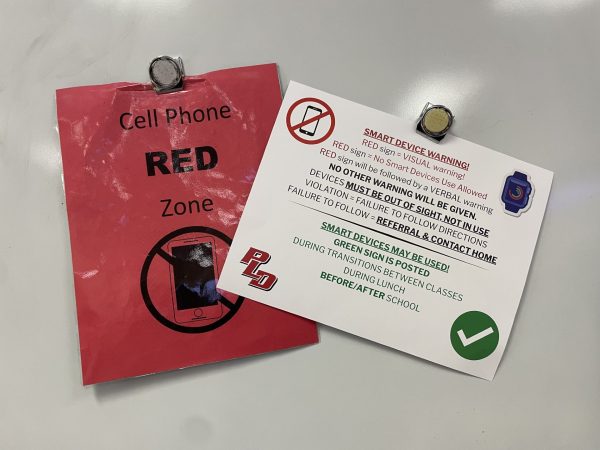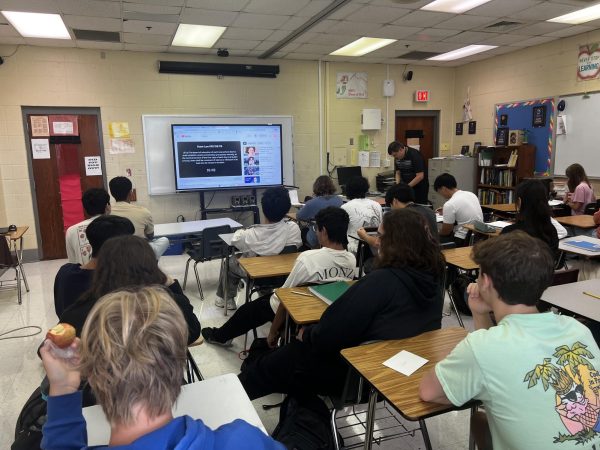Trump Incites Violence at Capitol, Leading to Second Impeachment
Pro-Trump groups stormed the U.S. Capitol on Jan. 6, 2021 with hopes of overturning the election. Days after, the House impeached Trump for “incitement of insurrection.”
On Jan. 6, 2021, a group of pro-Trump supporters gathered to listen to a “Save America March” speech given by President Donald Trump at the White House. Armed protesters were already outside of the U.S. Capitol, ready to attack.
“We’re going to walk down to the Capitol, and we’re going to cheer on our brave senators and congressmen and women, and we’re probably not going to be cheering so much for some of them, because you’ll never take back our country with weakness,” Trump said in his speech. “You have to show strength, and you have to be strong.”
Soon after he ended his speech, a mob was seen harassing police officers at the Capitol building. Carrying pro-Trump flags, the mob continued to break through outside barriers and force police officers onto the steps of the Capitol. Some of these protesters went to extremes and climbed along the walls of the building, hanging their “Trump 2020” flags.
The rioters finally broke through the Capitol doors and windows in order to gain entry to the inside of the building, where legislators and senators were meeting to discuss the 2020 election results.
The mob moved into the rotunda and into the entrance near the Senate chamber. At this point, both the Senate and House chambers had gone into a recess. Senators were ushered into the press gallery above the Senate chamber (among other places) and given gas masks.
While inside, the mob placed pro-Trump merchandise around the rotunda, on statues, and throughout offices. They vandalized historical statues and destroyed parts of the building.
One protester was pictured laying nonchalantly in the seat of Nancy Pelosi, the Speaker of the House.
“I was surprised and shocked when I heard about the event because it wasn’t expected,” senior Menna Shakir, said.
Three hours of this violence and harassment continued until a citywide curfew went into effect at 6 p.m. At this point, four people had been pronounced dead. Three died from medical emergencies on Capitol grounds and one who was shot by a police officer was later pronounced dead. One police officer was injured while engaging with protestors and later died from these injuries. Fifty-two people were arrested by the end of the night.
“I thought it was pretty crazy, and I was shocked that something like this could happen and escalate so quickly,” sophomore Liam Demann said.
Congress reconvened at 8 p.m. to certify the Electoral College results and declare Joe Biden the official winner of the 2020 Presidential Election.
Given the language used during his speech, many people think that Trump incited the riots and furthered the chaos that went down.
“I think he egged them on when he told them to march to the Capitol,” Demann said.
These accusations prompted the House to consider impeaching Trump. They met on Jan. 13 and, with a vote of 232 to 197, impeached him with the charge of “inciting violence against the government of the United States.”
“It was expected that he would be impeached. It should send the message that the president isn’t above the law,” Shakir said.
Trump is the first president to be impeached twice. This is just one of many precedents and changes that will be set after the last week.
“I believe that the Republican party will be divided into moderates and extremists,” Shakir said. “This also puts more pressure on the Democratic party to unite the country.”
Shakir’s predictions seemed to come true when rumors spread that Senate Republican leader Mitch McConnell, a Kentucky senator who has stood by Trump’s side throughout the past four years, was going to back the impeachment.
“Senator Mitch McConnell has concluded that President Trump committed impeachable offenses and believes that Democrats’ move to impeach him will make it easier to purge Mr. Trump from the party, according to people familiar with Mr. McConnell’s thinking,” The New York Times wrote.
As of right now, the Senate is unlikely to vote on Trump’s impeachment before Biden’s inauguration on Jan. 20. Even though the final results of Trump’s second impeachment trial are unknown, the historical importance of the past two weeks is already obvious.
“The events made a division in the country,” Shakir said. “Many of the consequences from this riot and from the impeachment of the president will challenge our government and Constitution for years to come.”

Hi! I’m Ella Williams, a senior at Dunbar and one of the Editors-In-Chief of PLD Lamplighter. I focus on our weekly broadcast, WPLD. I have been in this...



